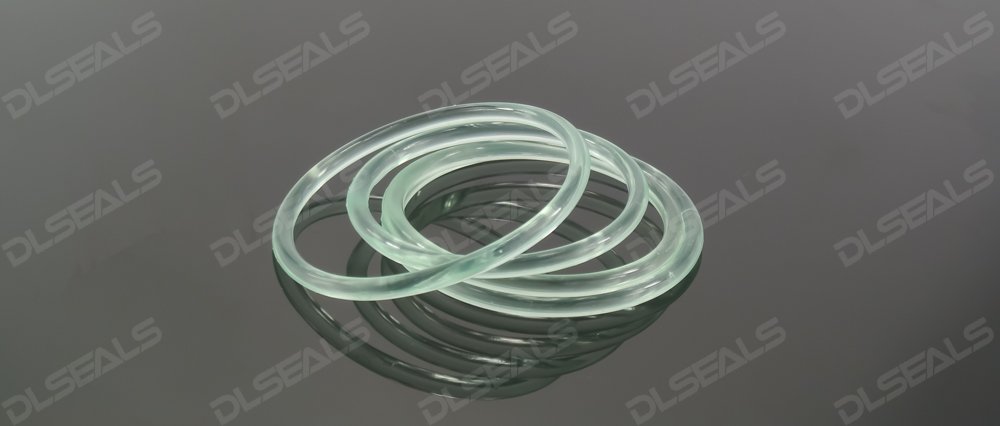News
A2024-08-17

Rubber seals play a key role in marine engineering, and their corrosion resistance directly affects the safety and reliability of equipment and structures. The following is an analysis and important considerations about the corrosion resistance of rubber seals in marine engineering:
1. Material selection and salt water resistance
There is a high concentration of salt water and seawater corrosion in the marine environment, so the material selection of rubber seals is crucial. Commonly used salt water resistant materials include fluororubber (FKM), chloroprene rubber (CR) and silicone rubber (VMQ). These materials can resist salt water erosion, maintain sealing performance and elasticity, and ensure that the equipment can operate stably in harsh marine environments for a long time.
2. Chemical resistance
There are many chemical substances in the marine environment, such as chloride ions and sulfides in seawater, which pose a challenge to the chemical resistance of rubber seals. Selecting rubber materials with good chemical resistance can effectively prevent the material from hardening, swelling or damage after long-term contact with seawater, thereby extending the service life of the seal.
3. UV and aging resistance
The strong ultraviolet rays and changing weather conditions in the marine environment will affect the aging resistance of the seal. High-quality rubber materials should have good UV resistance, be able to resist surface cracking and color changes caused by UV radiation, and maintain their elasticity and sealing performance unchanged.
4. Seawater erosion resistance
In marine engineering, moisture and seawater contact are common phenomena. Rubber seals should have excellent seawater erosion resistance to prevent seawater from penetrating into the equipment or seal damage causing equipment damage or failure.
5. Choose the right sealing structure and design
In addition to the choice of materials, the structure and design of the seal are also crucial. In marine engineering, the working pressure, temperature changes and mechanical movement of the equipment need to be taken into account to ensure that the seal can stably withstand these challenges and maintain a good sealing effect.
In summary, the corrosion resistance of rubber seals in marine engineering is directly related to the safe operation of equipment and structures. By selecting high-performance rubber materials suitable for the marine environment and reasonable sealing design, the equipment can be effectively protected from seawater erosion and the influence of chemicals, ensuring long-term and stable operation of the equipment in harsh marine environments.
[DLSEALS kindly Reminder] Sealing issues? Turn to DLSEALS! As a sealing component manufacturer, we specialize in customizing sealing components, providing a full range of services from design, research and development, production, testing, and more. If you have more information you'd like to know, feel free to contact us directly. DLSEALS's product experts are dedicated to serving you!